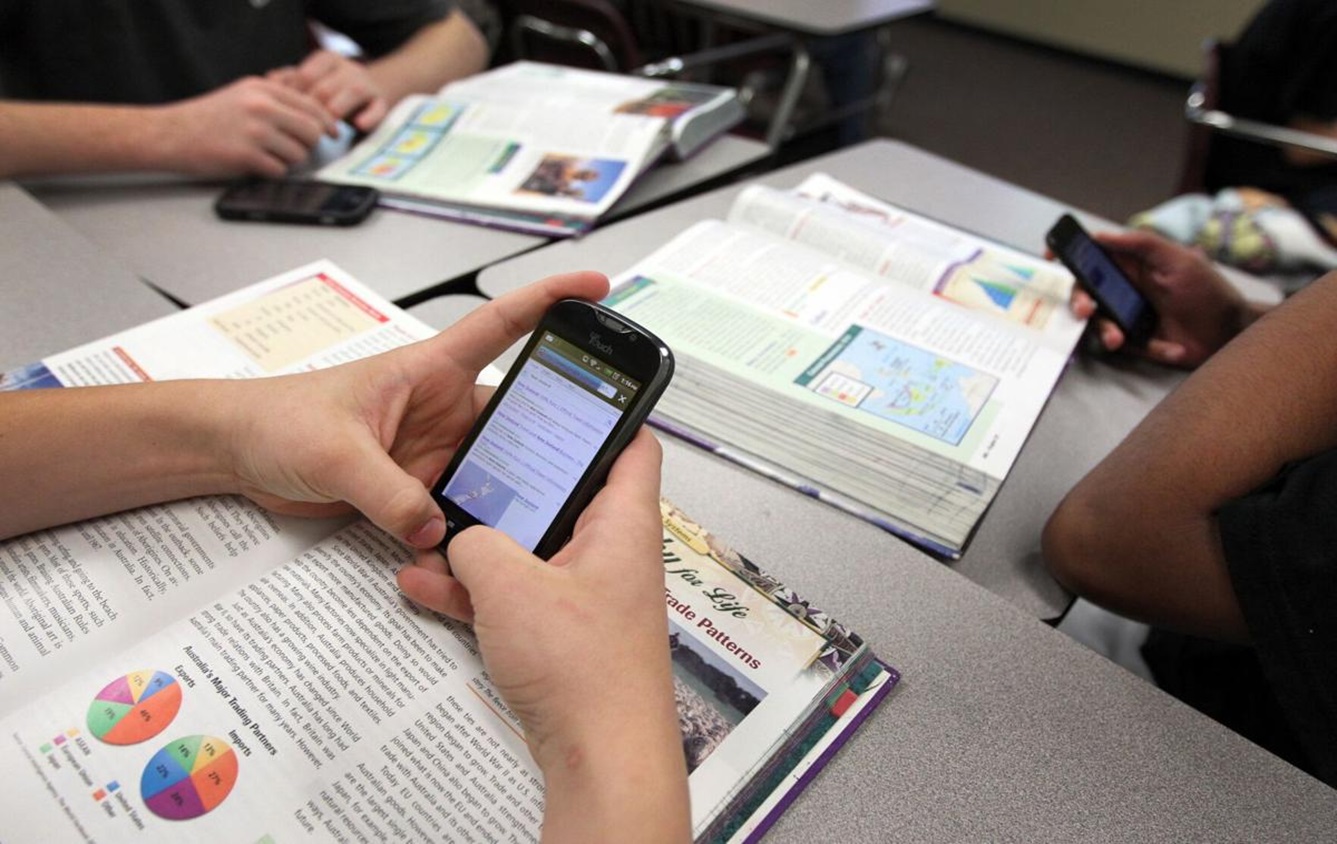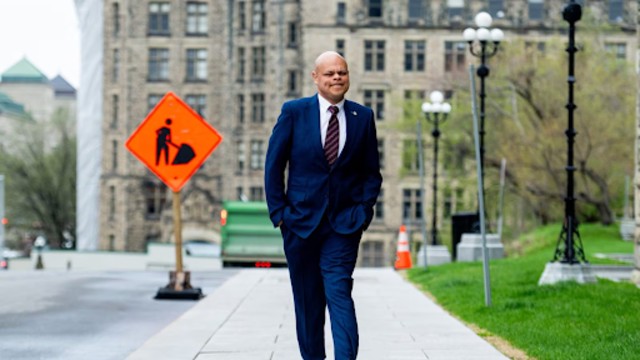
The decision to prohibit cell phones in schools within the Toronto District School Board (TDSB) emerges amidst a global challenge faced by educators on this matter. Kye R. Lee
A potential ban on cell phones and social media usage in Toronto's public schools is under consideration, as the chair of the Toronto District School Board (TDSB), Rachel Chernos Lin, submitted a notice of motion during a recent board meeting. Expressing a sense of urgency, Chernos Lin highlighted the need for a more effective policy regarding mobile devices in schools.
Teachers have reportedly voiced their need for additional support through a clearer and more enforceable policy. The matter is scheduled to be reviewed by a committee on January 17, with a potential adjustment to this year's policy review schedule to expedite the creation of a new policy.
Currently, the TDSB has a code of conduct that restricts cellphone use in classrooms to educational purposes, health reasons, and special education needs. However, Chernos Lin emphasizes the difficulty for teachers in enforcing these rules and advocates for a more robust policy.
This move aligns with a global trend where educators worldwide are grappling with the challenges posed by cellphone use in schools. UNESCO has even called for bans to reduce distraction and enhance the learning environment.
Michelle Teixeira, president of the Toronto local chapter of the Ontario Secondary School Teachers' Federation, expressed support for a policy that provides clear guidelines and expectations for teachers. Unauthorized smartphone use is identified as a major classroom challenge, causing distractions, disruptions, and a loss of focus among students.
The spokesperson for Education Minister Stephen Lecce welcomed the TDSB's initiative, emphasizing the government's commitment to ensuring that mobile devices are not used during instructional time. Exceptions are allowed for learning, medical purposes, or special education needs.
In 2019, the provincial code of conduct was revised to limit the use of personal mobile devices during class time, with school boards following suit. While provincial rules don't restrict students from using phones during breaks or lunch, individual boards and schools can make local decisions to prohibit use during those times.
Currently, the TDSB lacks a specific cellphone policy, leaving it to teachers and schools to establish their own rules. Chernos Lin argues that a system-wide approach is necessary, citing the difficulties teachers face in enforcing codes of conduct without a clear policy.
The notice of motion, co-authored by Trustee Sara Ehrhardt, calls for a new policy based on research about the impacts of cellphone use on child development. It also suggests examining best practices globally and exploring restrictions on social media, which may involve blocking Wi-Fi access to certain sites.
Despite potential concerns from parents, especially those with children relying on phones for medical needs, Chernos Lin emphasizes the importance of addressing the changing landscape of smartphone and social media use. The TDSB's existing one-to-one device program aims to ensure equity of access to laptops, starting in Grade 5.
While the creation of a new policy is expected to take time, Chernos Lin anticipates engaging in thorough discussions with communities, teachers, and unions in the interim. Notably, a cellphone ban was introduced by the TDSB in 2007 but later repealed due to equity concerns. With the current landscape and research suggesting negative impacts on students' well-being and academic success, the TDSB considers it timely to revisit and update its policy.















